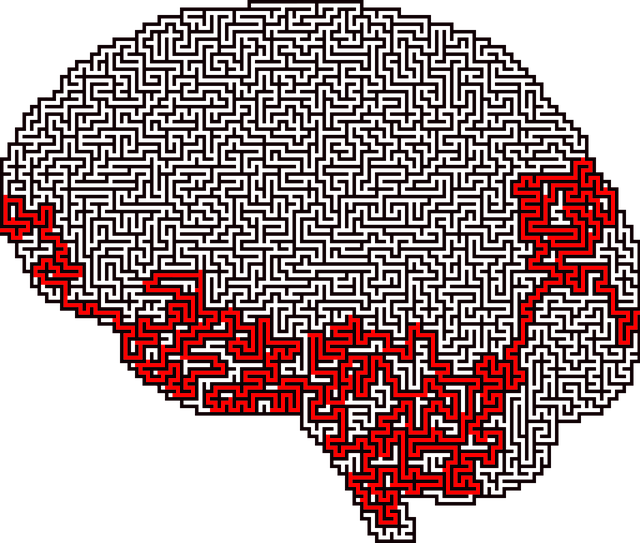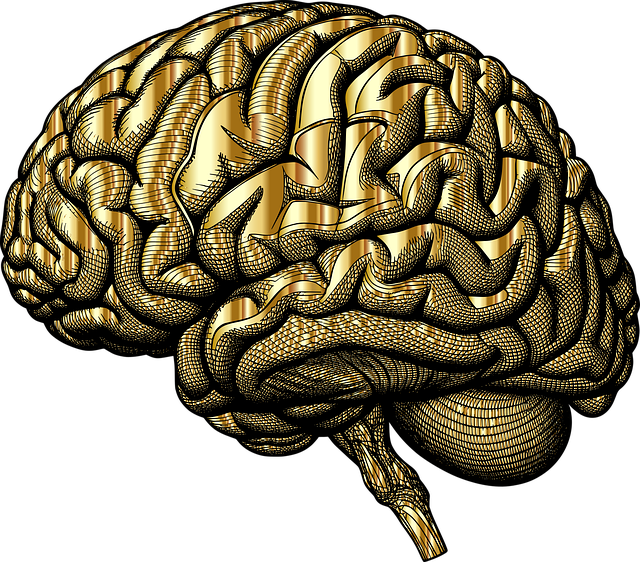Mental illness in elderly individuals often manifests as Functional Neurological Disorders (FNDs), requiring a holistic therapy approach addressing their unique needs and promoting self-care. Media portrayal of mental health significantly influences societal understanding, with responsible storytelling practices having the potential to reduce stigma and encourage support for therapy. Strategically designed media interventions within mental health education programs can enhance public understanding, combat stigma associated with FND, and contribute to effective therapy for elders and individuals of all ages facing mental health challenges.
Mental illness representation in media significantly influences public perception, particularly among the elderly. This article delves into the challenges posed by functional neurological disorders (FNDs), exploring how media portrayals can either perpetuate stigma or foster understanding. We examine the role of media in shaping attitudes towards mental health and propose therapeutic strategies leveraging media intervention to promote positive change for elders facing FNDs. By bridging the gap between media and mental health care, we aim to enhance support systems and access to effective therapy for elders.
- Understanding Mental Illness in the Elderly: Unveiling Functional Neurological Disorders
- The Media's Role: Portrayals that Stigma and Misinformation
- Therapeutic Strategies: Promoting Positive Change through Media Intervention
Understanding Mental Illness in the Elderly: Unveiling Functional Neurological Disorders

Mental illness in the elderly often manifests as Functional Neurological Disorders (FNDs), which are conditions affecting brain function but not structural abnormalities. These disorders can significantly impact daily living and cognitive abilities, requiring specialized therapy for elders tailored to their unique needs. Early identification is crucial, as FNDs may be accompanied by symptoms of burnout, a growing concern in mental healthcare.
Cultural sensitivity in mental healthcare practice plays a vital role in addressing these issues effectively. Understanding the interplay between cultural backgrounds and mental health experiences is essential. Encouraging self-care practices can also be beneficial for the elderly, helping them manage stress and maintain resilience. This holistic approach ensures that therapy for elders with FNDs not only treats symptoms but also enhances their overall well-being.
The Media's Role: Portrayals that Stigma and Misinformation

The media plays a pivotal role in shaping societal perceptions and understanding of mental health. Unfortunately, historical portrayals of mental illness in film, television, and news have often perpetuated stigma and misinformation. Depictions that fall into stereotypes, such as portraying individuals with mental health conditions as violent or dangerous, contribute to the marginalization and discrimination faced by those seeking support. This is particularly concerning when considering vulnerable populations like elders suffering from functional neurological disorders (FND). Inaccurate media representations may discourage them from pursuing therapy or openly discussing their experiences, hindering access to much-needed emotional healing processes and trauma support services.
By embracing mind over matter principles, the media can challenge these misconceptions. Responsible storytelling that showcases the diversity of mental illness, its various presentations, and recovery journeys can foster empathy and understanding. Encouraging open dialogue about mental health issues—including FND—in a nuanced manner can help dispel myths and reduce stigma. Ultimately, this shift in representation could inspire more support for therapy and other emotional healing processes, ensuring that folks, regardless of age or diagnosis, receive the care they deserve.
Therapeutic Strategies: Promoting Positive Change through Media Intervention

Media has a significant influence on shaping societal perceptions and understanding of mental health. This power can be harnessed to implement therapeutic strategies that promote positive change. By incorporating well-designed media interventions, especially in the context of mental health education programs, it is possible to improve public knowledge and reduce stigma associated with various psychological conditions. For instance, documentaries or narrative films centered around individuals grappling with functional neurological disorders (FND) can humanize these experiences, fostering confidence boosting conversations and empathy among viewers.
Professionals in the field must also consider the risk assessment methods employed to ensure ethical representation of mental illness. Careful selection and portrayal of cases can significantly impact public understanding and subsequent support for those seeking therapy. Therefore, media content creators and mental health professionals should collaborate to design inclusive narratives that accurately reflect the complexities of various disorders, ultimately contributing to more effective therapy for elders and individuals across different age groups suffering from mental health issues.
Mental illness representation in media plays a pivotal role in shaping societal perceptions, especially regarding functional neurological disorders (FNDs) among the elderly. By highlighting positive and accurate portrayals, media can challenge stigma and promote understanding. Therapeutic strategies, such as media intervention, offer promising paths towards improving mental health support for elders. Encouraging diverse and empathetic representations in popular culture is essential to fostering a more inclusive and supportive society for those living with FNDs and other mental health challenges. This multi-faceted approach, combining education and media advocacy, paves the way for effective therapy and improved quality of life for elderly individuals grappling with mental illness.










